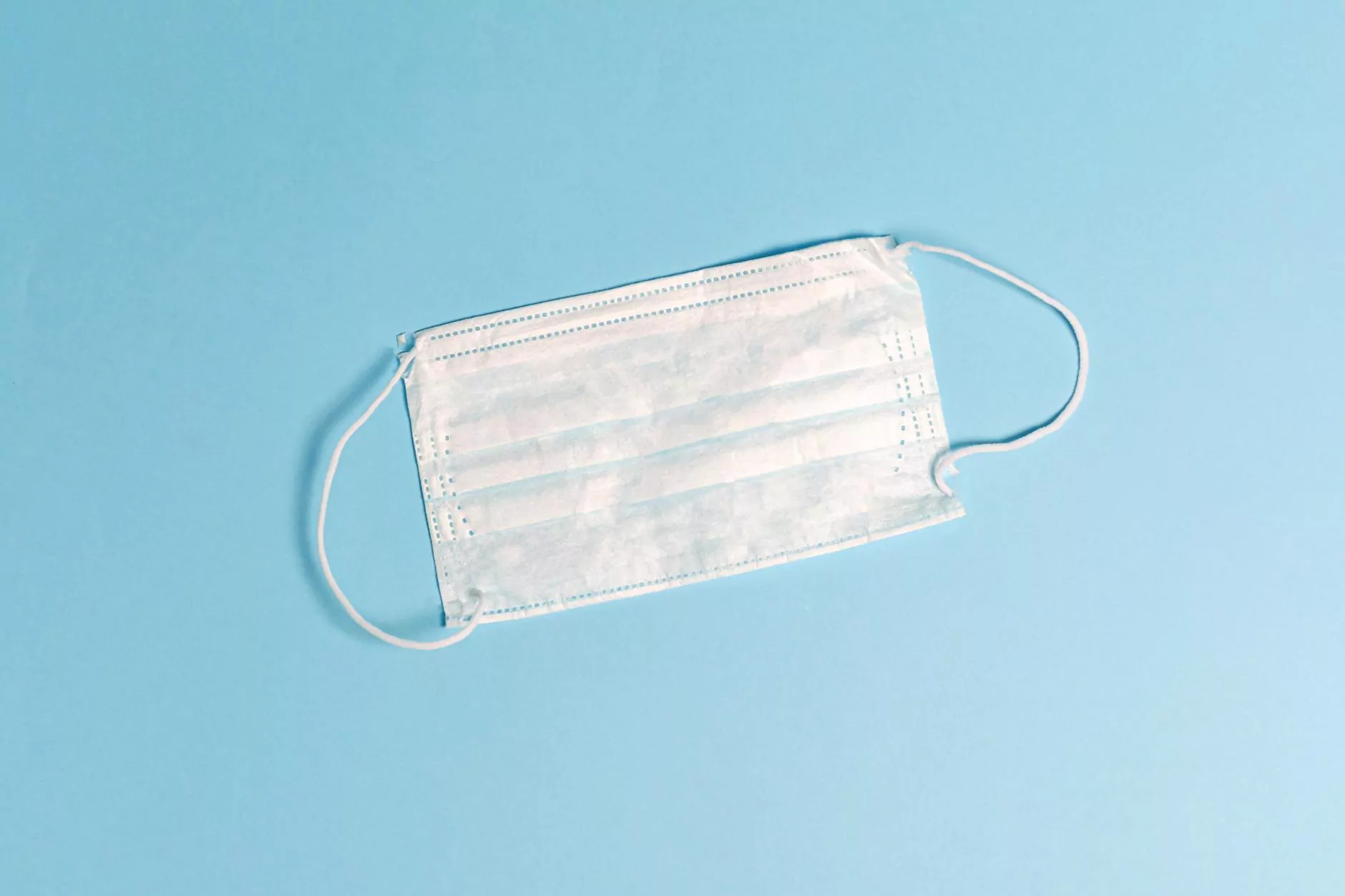The Essential Guide to Jaw Guards: Protecting Your Smile

In the realm of health and medical practices, especially within the field of general dentistry, few dental accessories are as vital yet overlooked as jaw guards. These devices play a significant role in preserving your dental health and ensuring a more comfortable life for those who suffer from jaw-related conditions. This article will explore the many aspects of jaw guards, their benefits, types, and the importance of incorporating them into your dental care regimen.
What Are Jaw Guards?
Jaw guards, also known as occlusal splints or mouthguards, are dental devices typically made from soft plastic or acrylic material. They are custom-fitted by dentists to comfortably fit around the upper or lower teeth and are designed to reduce tooth grinding (bruxism), alleviate jaw pain, and protect teeth from damage during sports activities.
The Construction of Jaw Guards
Modern jaw guards can be found in various forms, each tailored to specific needs. They can be classified based on their material, form, and intended usage:
- Soft Jaw Guards: Made from flexible materials, these guards are primarily used for protection during sports.
- Hard Jaw Guards: These are more rigid and are often used for patients who grind their teeth during sleep.
- Custom-fitted Jaw Guards: Created by dental professionals, these provide the best fit and comfort for the wearer.
- Boil-and-bite Jaw Guards: These are commercially available, can be softened in hot water, and then molded to the shape of the user’s mouth.
Why Are Jaw Guards Important?
Understanding the significance of jaw guards is crucial for anyone looking to maintain optimal oral health. Here are some compelling reasons to consider using a jaw guard:
1. Protection Against Tooth Grinding
Many individuals experience bruxism, an uncontrollable grinding or clenching of teeth that occurs often during sleep. This can lead to significant dental wear, sensitivity, and even tooth loss. A jaw guard serves as a protective barrier, absorbing the forces generated during grinding and preventing direct damage to the teeth.
2. Alleviating Jaw Pain
For those suffering from temporomandibular joint disorders (TMJ), jaw guards can provide relief. By promoting a more relaxed jaw position, they can help reduce strain on the jaw muscles and joints, alleviating pain associated with TMJ.
3. Serving as a Barrier for Athletic Activities
In the world of sports, injuries can happen in the blink of an eye. Jaw guards are essential for athletes, especially in contact sports such as boxing, football, and hockey. They protect against potential injuries to the teeth and jaw, ensuring safety during play.
4. Maintaining Alignment of Teeth
For individuals undergoing orthodontic treatment, such as braces, jaw guards can help maintain proper alignment by acting as a stabilizing force during the treatment period.
When Should You Consider a Jaw Guard?
Determining the right time to invest in jaw guards involves recognizing specific symptoms or conditions:
- Frequent Headaches: If you are experiencing recurring headaches, especially in the morning, it may indicate bruxism or TMJ issues.
- Sore Jaw Muscles: If you notice pain or discomfort in your jaw after waking, it’s time to consult with your dentist about getting a jaw guard.
- Dental Sensitivity: Increased sensitivity in your teeth can be a sign of damage due to grinding.
- Engagement in Contact Sports: If you play sports, consider getting a jaw guard to avoid dental injuries.
Consulting Your Dentist
Always consult a qualified dental professional if you suspect you may need a jaw guard. A customized solution will ensure a perfect fit tailored to your individual dental structure. During your visit, your dentist will:
- Perform a Thorough Examination: Assess your teeth, jaw, and overall oral health.
- Discuss Your Symptoms: Understand your concerns, whether it's pain, grinding, or sports-related issues.
- Take Impressions: Create accurate molds of your teeth to design a perfect-fitting jaw guard.
- Provide Recommendations: Discuss the best type of jaw guard suited to your needs.
How to Care for Your Jaw Guard
Your jaw guard is an investment in your dental health, and proper care is essential to maximize its lifespan:
- Daily Cleaning: Rinse your jaw guard in lukewarm water after every use and brush it gently with a toothbrush and mild soap.
- Store Properly: Keep your guard in a protective case when not in use, and avoid exposing it to extreme temperatures.
- Regular Inspections: Check for any signs of wear and tear, and consult your dentist if you need a replacement.
Conclusion
The benefits of using a jaw guard cannot be overstated. Protecting your teeth from the damaging effects of grinding, alleviating jaw pain, and ensuring safety during athletic activities are just a few of the reasons to consider one. If you are experiencing any symptoms of bruxism or TMJ, or if you actively participate in sports, reach out to your dentist today. They will help you navigate your options and ensure that you receive a custom jaw guard that suits your needs. Your smile deserves the best protection, so don’t wait—invest in your dental health by considering a jaw guard today!









